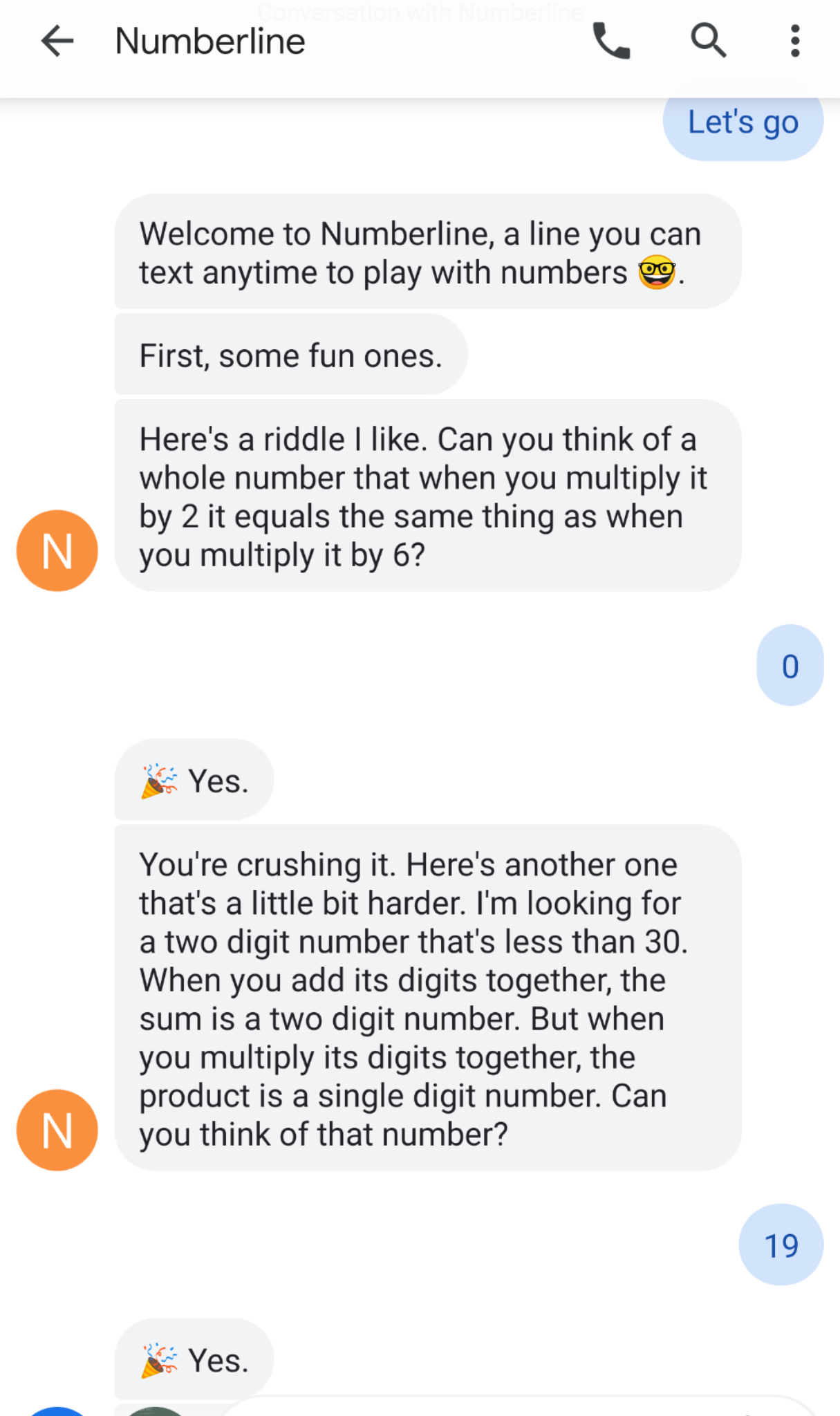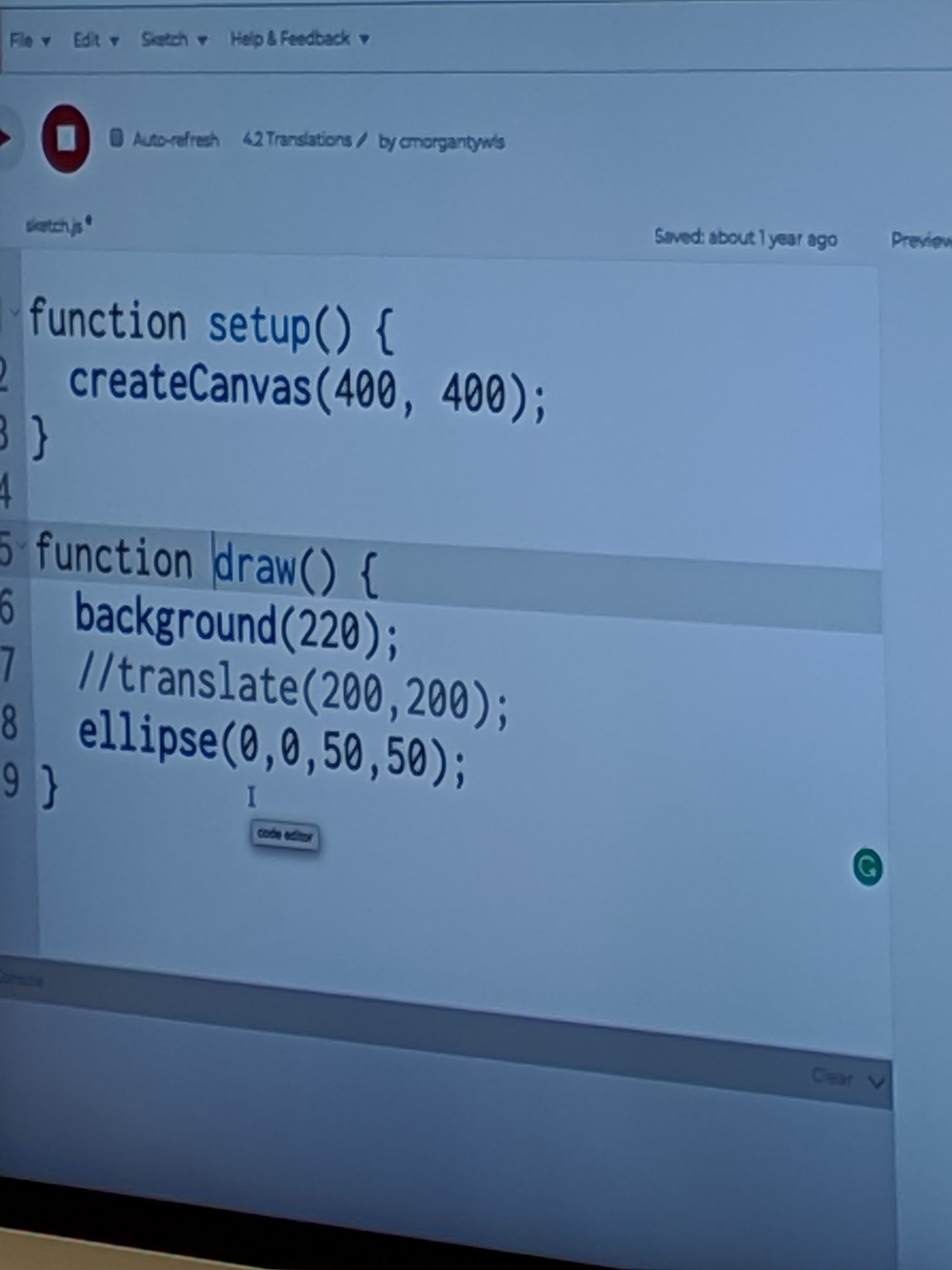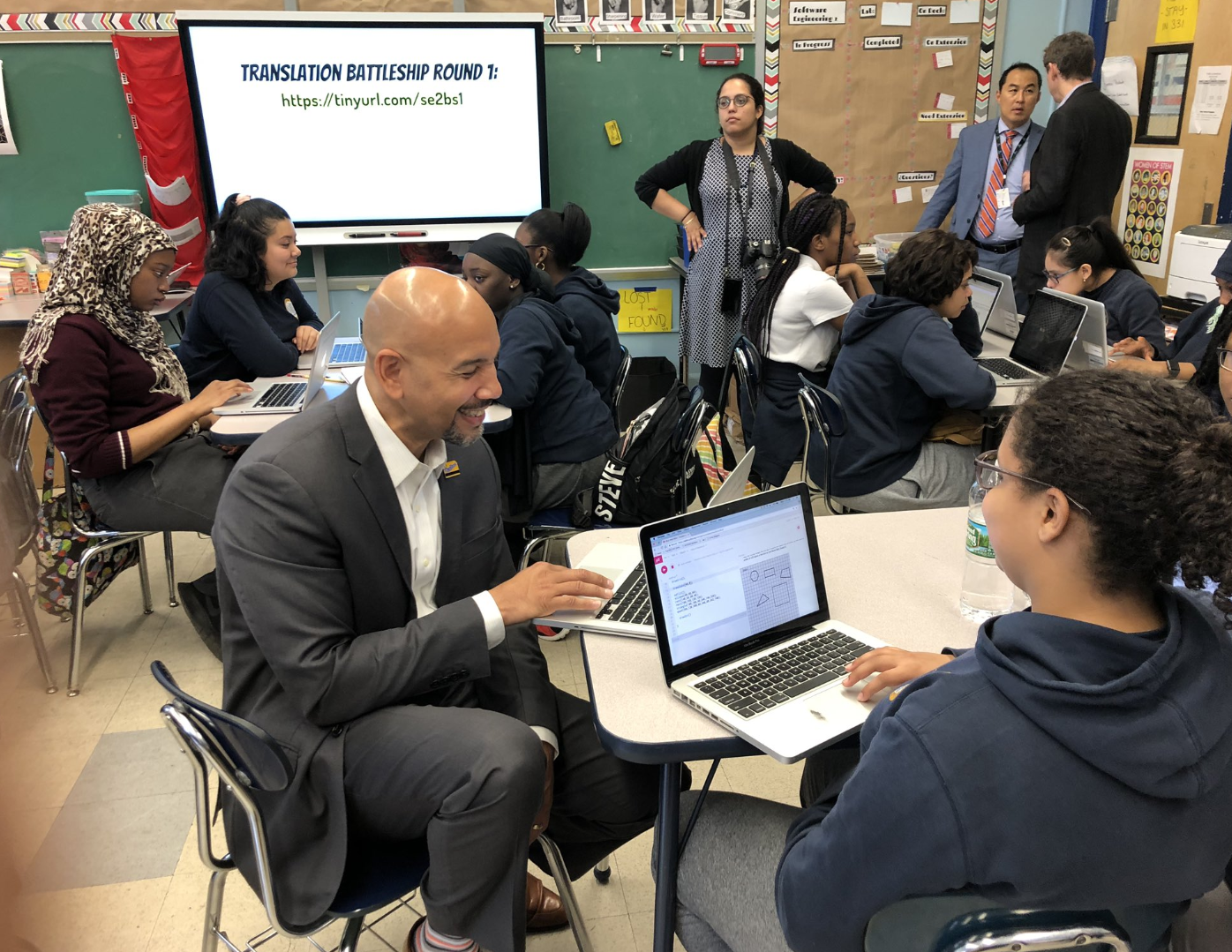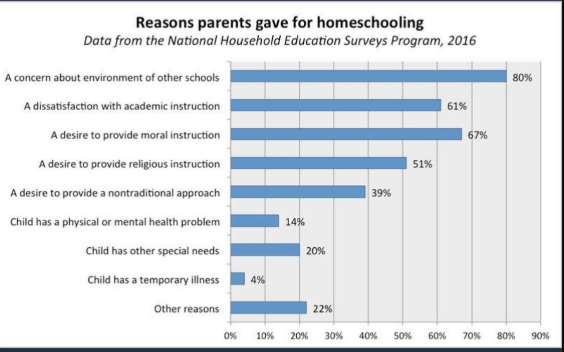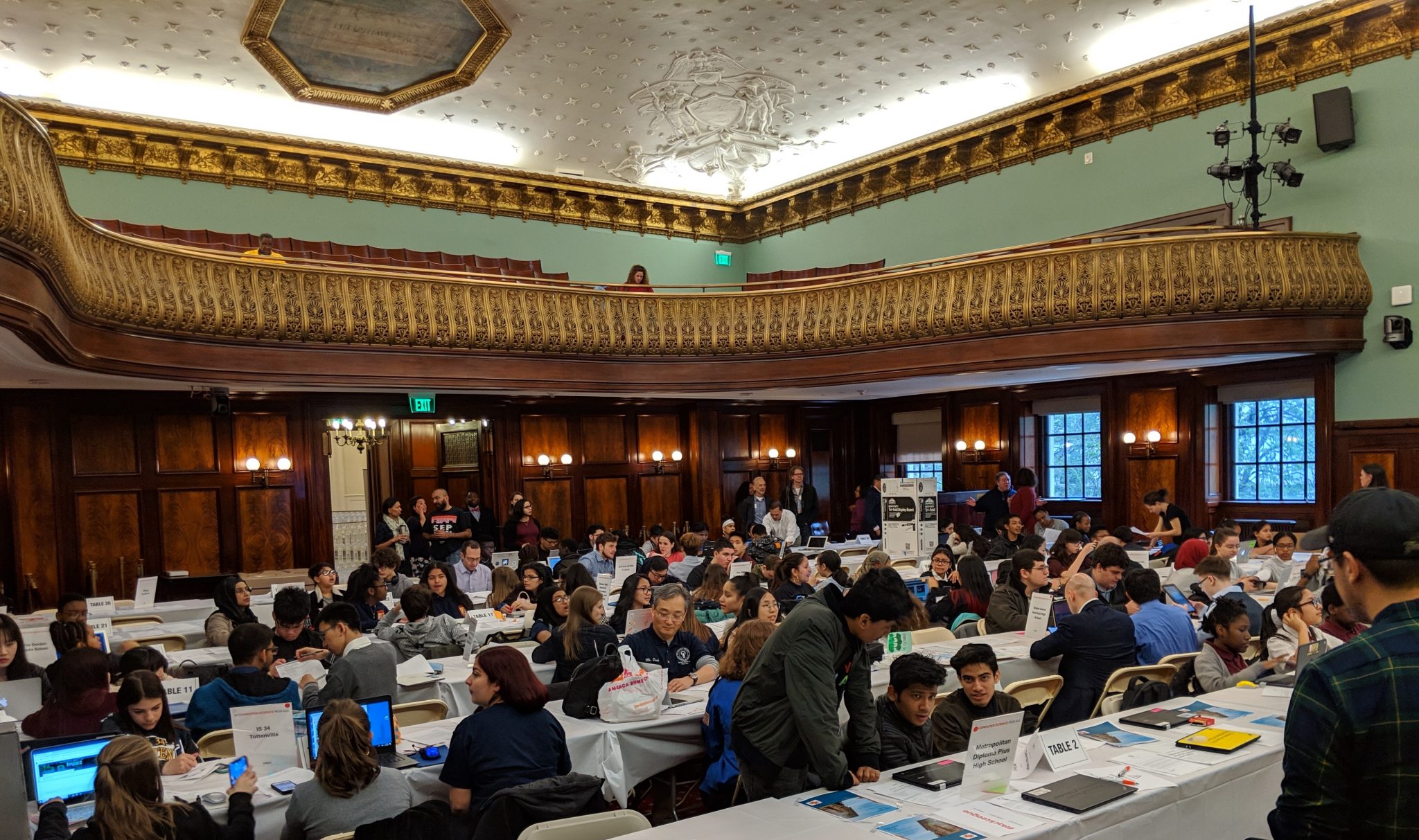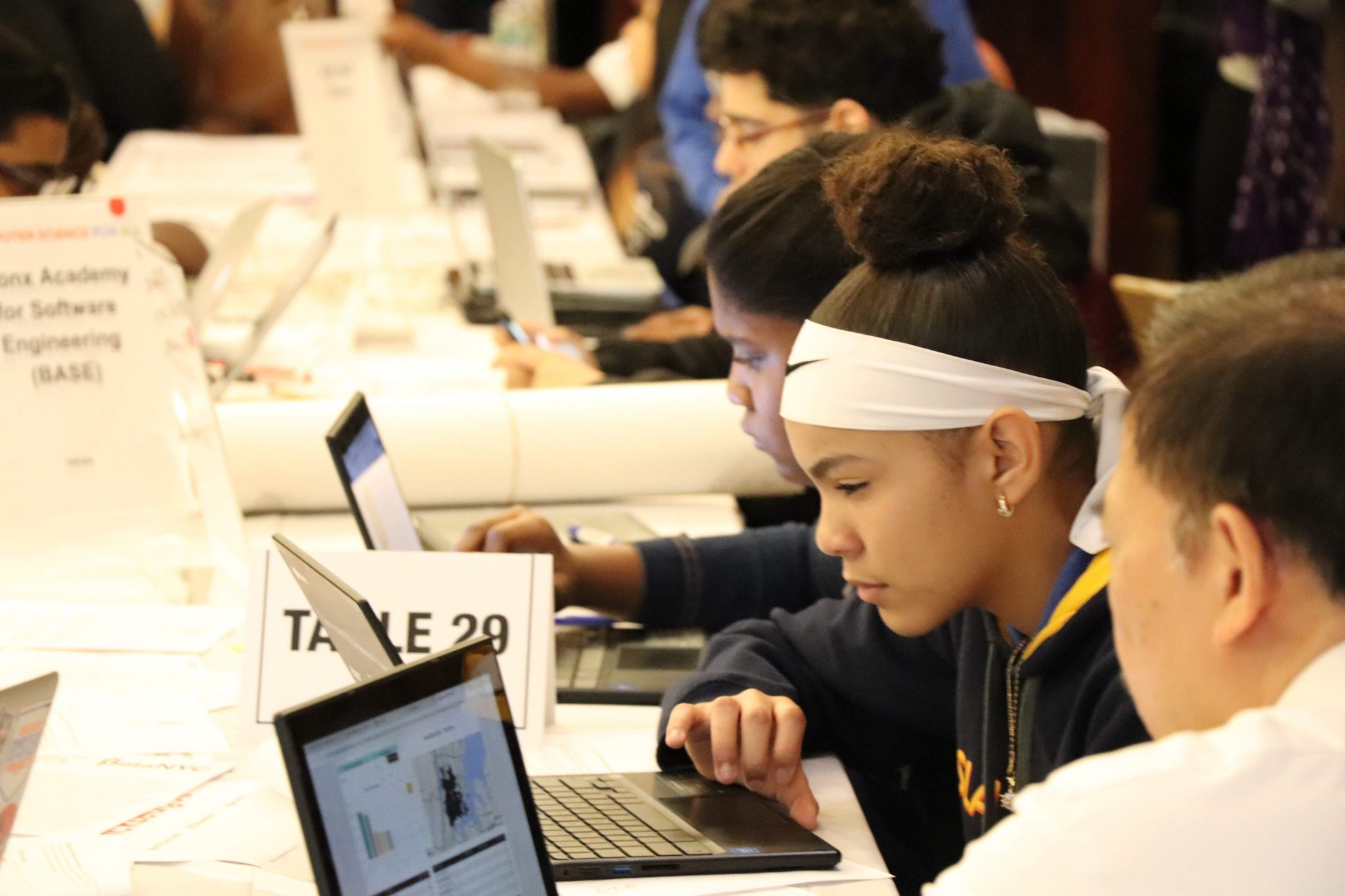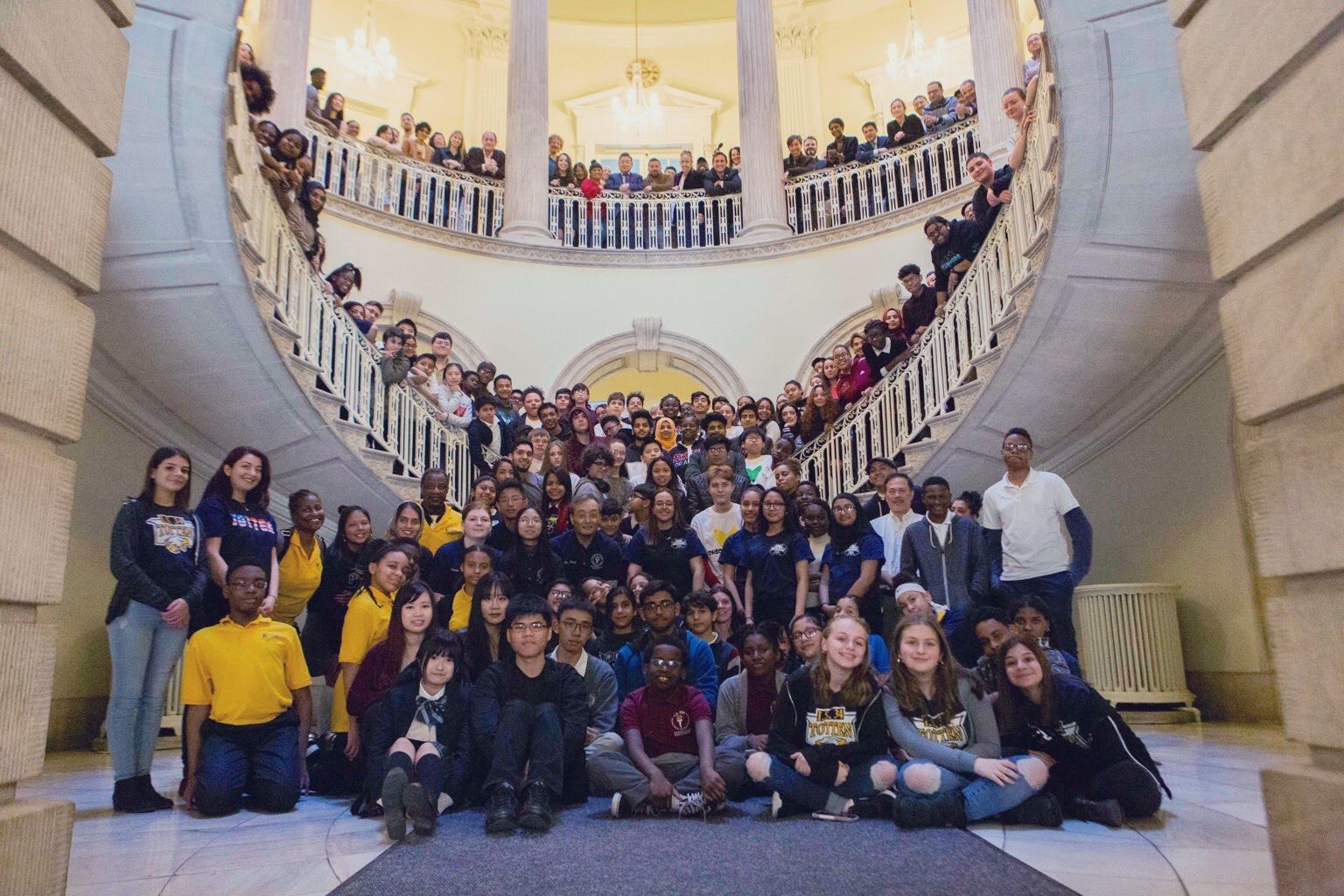A few months ago I posted some data on this blog that showed the growth of homeschooling in the US with almost 5% of K12 students being schooled at home. I wrote at the end of that post:
This is a trend to watch and, possibly, to invest in
Well, invest in it we did.
Yesterday Rebecca posted our investment rationale for Outschool, a company that offers real time group classes taught largely by very experienced K12 teachers over live video.
I encourage all of you to click on that link and go read our investment rationale. There are a number of interesting trends we are betting on here and Rebecca articulates them well. There are also some examples of classes your kids can take that are amazing.
But what I want to talk about is how important services often start in the fringes and over time move into the mainstream. We are certainly betting that is the case with crypto-currencies. We have seen that with Airbnb (couch surfing>hotel alternative), Uber (ride sharing>car alternative), YouTube (video sharing>TV alternative), and so many other examples.
Homeschooling is a fringe market right now. But education is not.
Outschool can exist with excellent unit economics for the students, teachers, and company because there is a market of almost 2.5mm students in the US who need to learn things like Algebra, European History, Biology, etc, and will pay to do so.
But of course, there are over 50mm K12 students in the US and many more around the world who need to learn these subjects as well and often don’t learn them very well in the legacy schooling model.
When our kids were in school and struggled with a class/teacher/subject, we would get them a tutor to come to our home in the evenings. That is a 1%er solution and is not affordable for most families.
But the Outschool model, because of the scale it has reached in the homeschooling market, is driving down the cost of learning these subjects and can and does replace the high cost tutorial market for a number of families already. As its scale increases and economies kick in, it can reach more students and families desperate to master challenging material.
Great teachers are one of the most valuable resources we have in our society. I can trace much of what I know to a handful of these people.
But school buildings, classrooms, and the supporting Infrastructure for them are very much replaceable with new technology. Outschool is showing a way how to do that.
At USV, we seek to back trusted brands that can open up access to knowledge (and wellness and capital). Many (most?) of these brands start out on the fringes and move into the mainstream over time as they scale and the benefits become obvious to mainstream consumers. Outschool is squarely in the sweet spot of our thesis and I am excited to see what it can do for learners around the world in the coming years.
